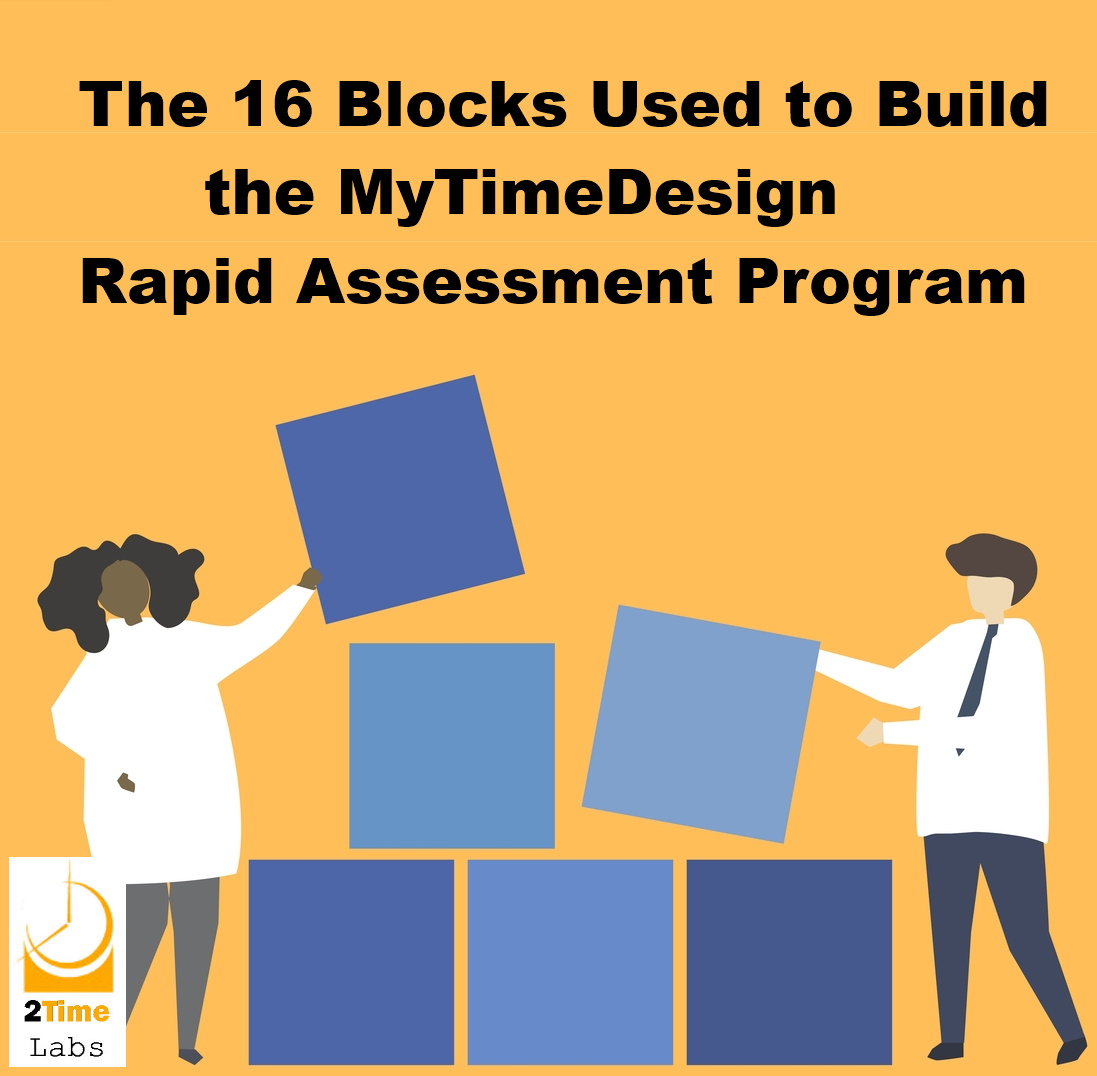Why you are already using diagnostic techniques to improve your task management, but might not know.


The Problem
One of the ways in which pedagogy (the teaching of children) should be different from andragogy (the teaching of adults) lies in the fact that learners think differently as they mature. With more years of experience, and greater age, the adult brings a higher degree of discernment to the interaction than a child.
Today, you don’t pretend to absorb everything someone tried to teach you at face value. Right? But what do you do instead?
Well, in task management, you hear new advice to change a behavior or pick up a new technology, and…then you pause. While the teacher may want you to simply follow orders without question (like a child) you probably can’t. Your mind won’t let you.
Instead, you perform a brief, but possibly imperceptible diagnosis.
Checking over your current system, you consider areas of weakness and the difference their specific suggestion might make. If it passes your internal test, you apply the change. If not, you don’t.
Why is This Important?
Being a great diagnostician may be a novel idea, but the truth is everyone who considers themselves a productivity enthusiast already employs this practice. So does everyone reading a book, taking a training or listening to a podcast in the area of task management.
The challenge is to make this skill explicit. And to get better at it while doing so.
Even the gurus are challenged by this goal, as evidenced by the paucity of their teaching on this subject. Almost all of them are great diagnosticians, but they don’t talk about The Switch they made.
I don’t think they’re hiding anything — just sticking with the simple-to-explain themes beginners resonate with the most.
What’s the Link to the Rapid Assessment Program?
In this training, you explicitly develop your skills as a task management diagnostician….a self-coach. In a short time, you gain an understanding of the fundamentals of task management, how they work together, and some basic principles to apply in any diagnosis.
It sets the groundwork for you to make The Switch to nurturing lifelong diagnostic skills.
Find out more about the MyTimeDesign Rapid Assessment Program in this webinar.
Part 7 — Why You Are Always Already Diagnosing was originally published in 2Time Labs on Medium, where people are continuing the conversation by highlighting and responding to this story.



